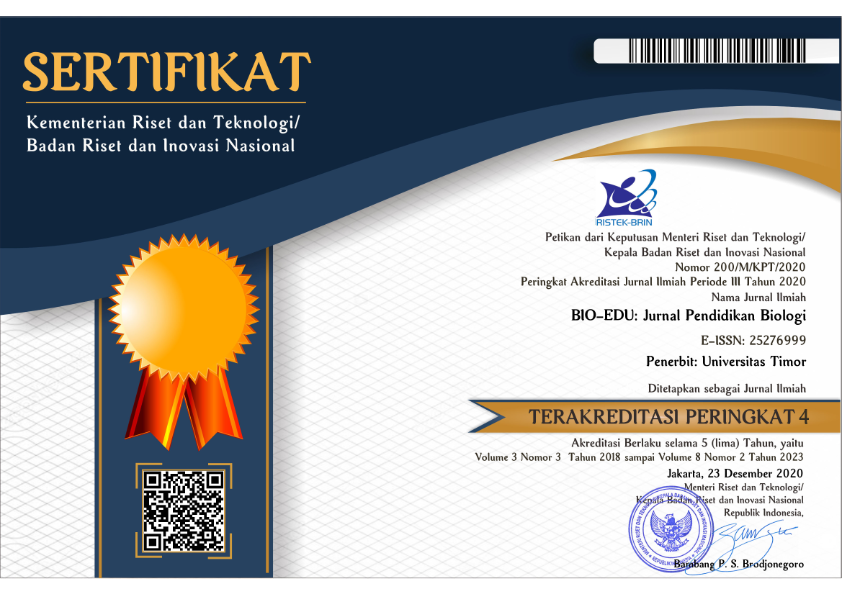| Submit a Manuscript |
| Archiving |
| Author Guidelines |
| Declaration Transfer Form |
| Focus and Scope |
| Open Access Policy |
| Peer Review Process |
| Policy on Plagiarism |
| Publication Ethics |
| Publication Fee |
| Reference Management |
| Reviewers |
| Tools |
| Abstracting/Indexing |


















